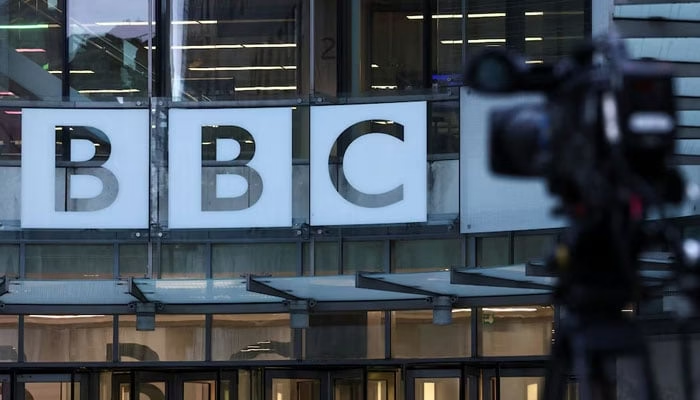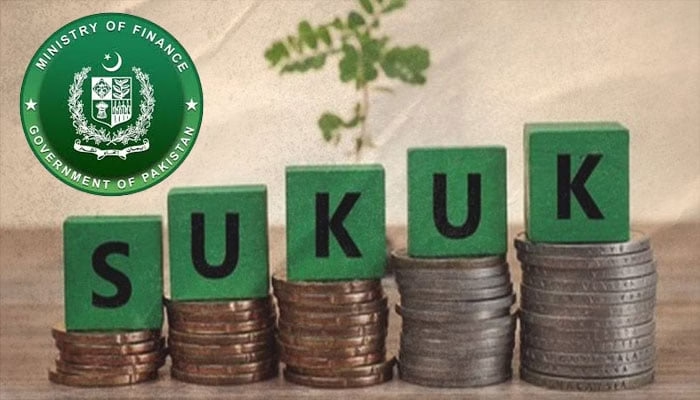The recent BBC apology to Donald Trump has sparked intense debate around journalistic integrity, political pressure, and the responsibilities of public broadcasters. The issue centers on an edited clip of Trump’s 2021 speech that appeared in a BBC Panorama documentary, which critics say wrongly suggested he encouraged violence on the day his supporters stormed the U.S. Capitol. The controversy has since escalated to the point where the former U.S. president has threatened a $1 billion lawsuit, forcing the BBC to issue a rare and carefully worded apology.
What Triggered the Apology?
The dispute began when internal concerns within the BBC surfaced regarding how Trump’s speech had been edited in the Panorama episode. The original clip reportedly removed key context, making Trump’s remarks appear more inflammatory than they were. Once these concerns became public, the BBC quickly found itself facing criticism not only from Trump and his legal team but also from commentators questioning its editorial standards.
To defuse the situation, BBC Chair Samir Shah sent a personal letter to the White House, acknowledging the mistake. The corporation admitted it “regrets the manner” in which the clip was edited and confirmed it would not rebroadcast the documentary. This admission formed the core of the BBC apology to Donald Trump, a move intended to calm rising tensions and possibly prevent a costly legal battle.
Trump’s Legal Threat and the BBC’s Response
Donald Trump’s lawyers demanded three things:
- Withdrawal of the documentary
- A formal apology
- Compensation for the alleged damage caused
They warned that failure to meet these conditions would result in a lawsuit seeking at least $1 billion in damages.
While the BBC complied with the first two demands, it firmly rejected the idea that Trump had grounds for a defamation claim. In its public statement, the broadcaster emphasized that although it regrets the edit, it does not believe the error meets the legal threshold for defamation. The BBC maintains that the edit was a mistake, not an act of malicious intent.
This nuance is important. Defamation cases hinge on whether the accused party intentionally sought to harm reputationally. By acknowledging the error but denying malice, the BBC aims to protect its editorial independence while avoiding escalation.
Internal Fallout at the BBC
One of the most striking consequences of the controversy has been the resignation of two top BBC executives. Leaked internal accusations of bias — including claims about the Trump clip — led to mounting scrutiny both inside and outside the organization. Critics argued that the errors fed into narratives that the BBC has political leanings, an accusation the broadcaster routinely denies.
Their resignations reflect just how seriously the BBC takes editorial accuracy. The corporation operates under intense public oversight, especially because it is funded by license fees paid by UK households. Any misstep risks damaging public trust and giving ammunition to those who argue the BBC no longer represents balanced journalism.
The Broader Implications for Public Broadcasting
The BBC apology to Donald Trump raises urgent questions about editorial responsibility in politically sensitive coverage. The stakes are higher when reporting on figures like Trump, whose words shape global political discourse and whose supporters are quick to challenge perceived misrepresentation.
Public broadcasters, unlike commercial networks, are expected to uphold strict neutrality. Editorial mistakes, even unintended ones, can be weaponized by critics and erode public confidence. In this case, the risk extends beyond reputation — the BBC could theoretically face financial consequences if litigation proceeds.
The controversy also highlights the challenge journalists face when covering fast-moving political events. Editing for brevity, clarity, or narrative cohesion is common practice, but in high-stakes political reporting, even small edits can alter the perceived meaning.
Why the Story Matters
The fallout from the BBC apology to Donald Trump goes far beyond one documentary episode. It underscores deeper concerns about media trust, political polarization, and the fragile relationship between public institutions and power.
For Trump, the controversy provides another example he can use to support his long-standing claims of media bias. For the BBC, it is a stark reminder that transparency and accountability are essential to maintaining public legitimacy.
The BBC apology to Donald Trump represents a rare moment when one of the world’s most respected broadcasters publicly acknowledges an editorial mistake while defending itself against accusations of defamation. The incident highlights the delicate balance between responsible journalism and political scrutiny. As the situation continues to unfold, it serves as an important lesson on the necessity of accuracy, context, and integrity in modern media.


